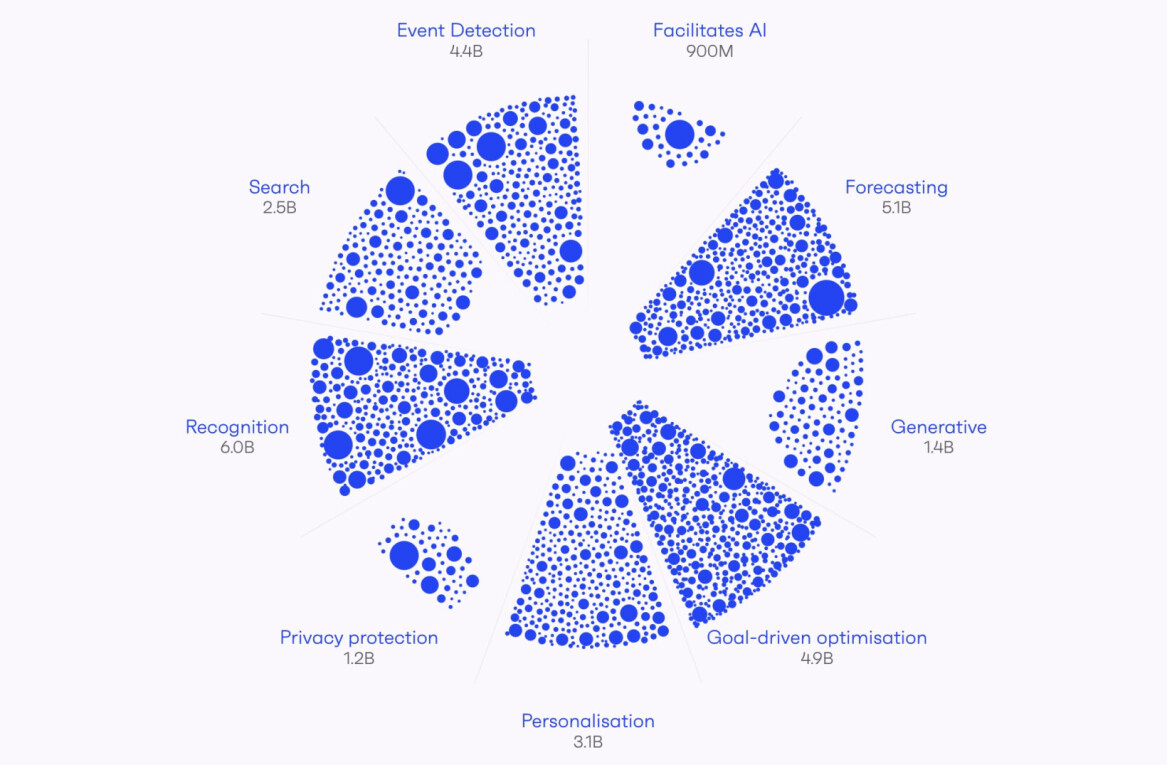
Seedcamp‘s Seedhack FinTech event has kicked off a weekend of hacking financial services. Not for nefarious means (we hope) but to address how we currently interact with our banking and financial services.
Over the next two days, a gathering of developers, business minds, coders and designers at Google’s Campus are snapping up access to APIs that will enable them to work on projects to disrupt the world of money.
The Organisation for Economic Co-operation and Development (OECD) has predicted that the UK is facing a recession, and other organisations predict growth. At the same time Barclays online banking has been hit by delays while a rebuilt site is phased in.
There’s no wonder that this hack weekend is popular as smart people gather to not even fix what is wrong but start again in better ways to address some of our financial products and how we work with institutions.
Seedcamp has been right on target with their recent events, tackling issues that are not just about making a fun new thing, but actually addressing great big themes that are high in the public minds. Seedcamp’s Kirsten Campbell is the organisation’s new general manager, “It’s great to see so many people here with an interest in working on FinTech. Last year we tacked the NHS and that was also a great success.”
Show me the money
The evening opened with a keynote by Michael Rolph, Director at Anthemis Group, a leading financial tech VC firm. Rolph is a mentor and investor at Seedcamp as well as running a company that truly gets into the thick of financial services to find better ways of working.
“Financial services today have a lot of parallels with history. I think now is a golden age as there is so much change ahead of us. When you think about how financial service companies have historically been doing business with us as consumers or with business to business interactions; a lot of the technology used is 50 or 60 years old.
The impact of technology that we’re all talking about using now, is fundamentally very different in the way it is going to enable startups and businesses to have a more direct relationship with customers in the sense of knowing who they really are.
When you look at the regulatory environment, there have been high barriers to entry has been that there’s a coalition of banks and insurance companies that can run a market at a high level and it’s been hard for independents to get in there and break the mould. But regulation has started to relax specifically to enable technology led companies to get into financial services.
Examples like Square and Paypal have started to innovate in this market. They work because they don’t just enable people to pay, but they enable people to be paid. It’s an approach worth baring in mind through the process of this weekend.”
The APIs available are from companies that are unique and varied, one offered dynamic spreadsheets inside of which you can make phone calls, another was a new type of banking that does your bookkeeping for you and a there was also a simple method of making payments with no credit card fees or hassle.
Once this was all laid out before the talented group of eager seedhackers, a little time out to network and eat was well spent hatching plans and thinking up pitches to be worked upon over the rest of the weekend.

Refuelled and revitalised the crowd regrouped to deliver pitches that were under a minute (mostly) and the scope of creative thinking was truly amazing. Some of the ideas put up for consideration included, a bank for 6 year olds, a method to disrupt religious funding, a QR code system for ordering and paying for food in restaurants, a retirement prediction project with visualisations for later years, a piggy bank and a way to borrow money immediately for unexpected costs. That’s just the tip of the iceberg.

It’s clear that there is much food for thought in this sector. Think about each time you have to go to a bank, or wait on hold for telephone banking, when you need to access a service online or just work out what you’re doing with your money. None of this is particularly simple.
Seedhack FinTech might not save the world economy, but if just some of the great ideas and possibilities are explored in the real world, it might mean that we can at least have a better relationship with banks and finance more generally.
Get the TNW newsletter
Get the most important tech news in your inbox each week.





